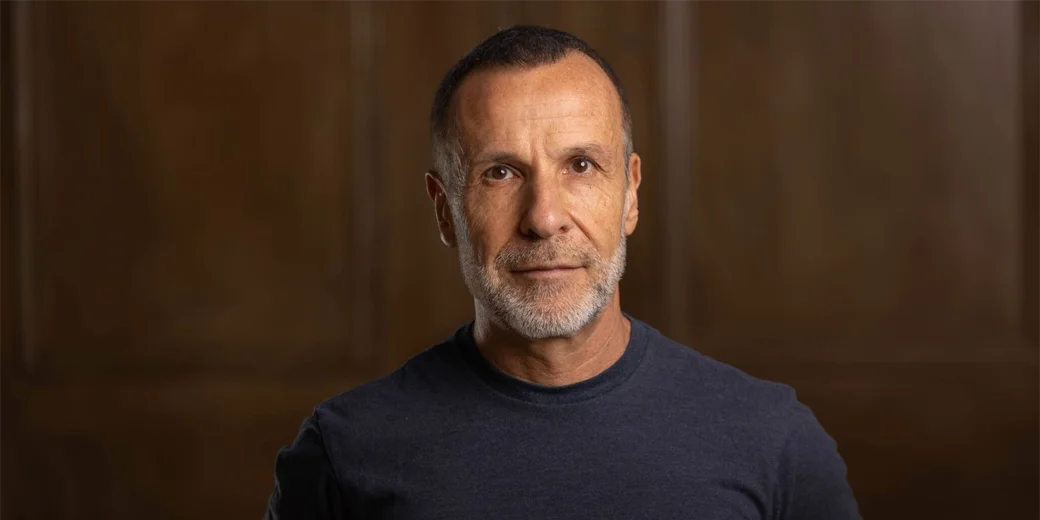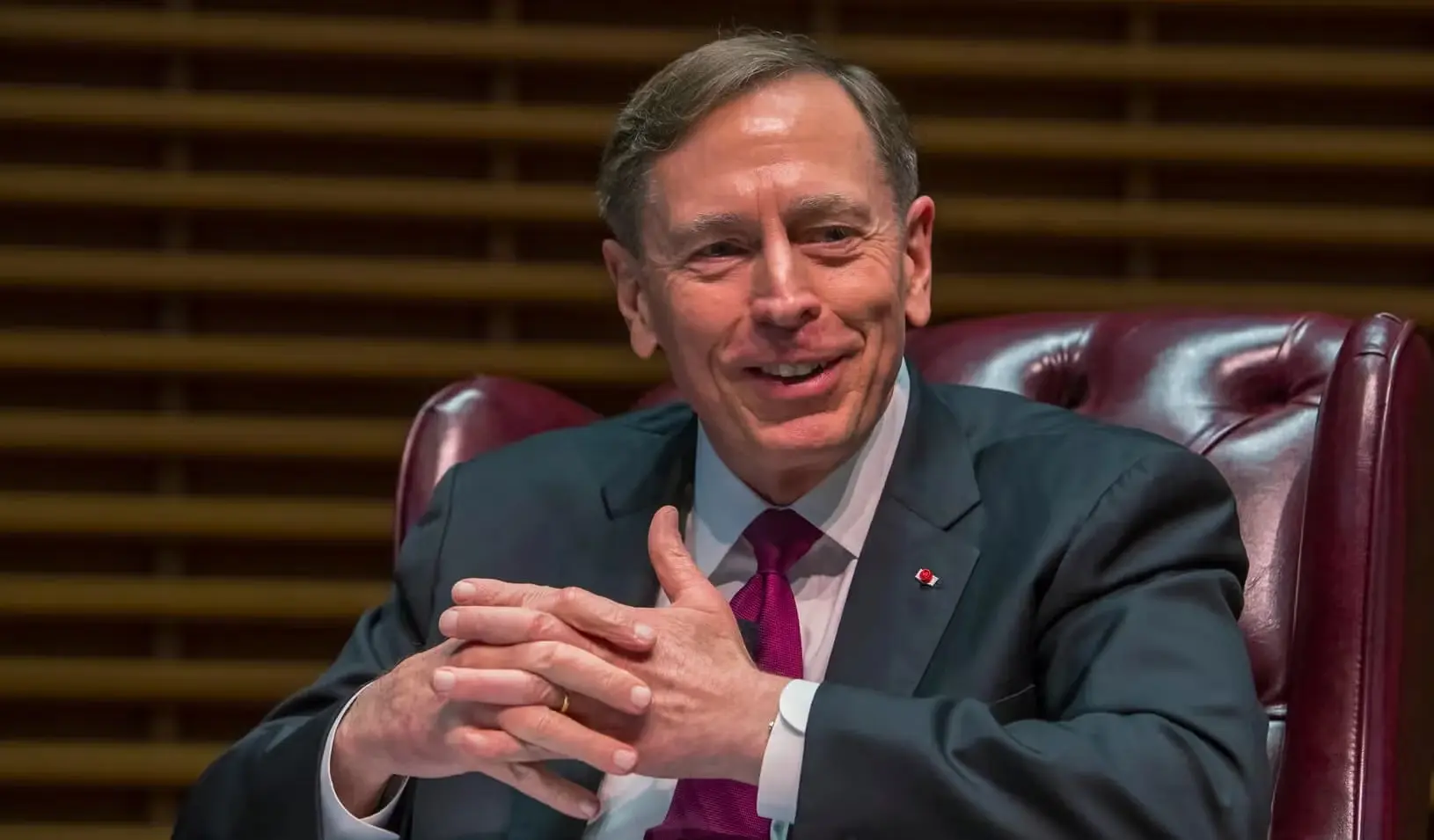*We are now accepting new clients for the 2026-27 cycle! Sign up here.
X
In this short episode of Status Check with Spivey, Mike discusses a question that tends to come up frequently this time of year—“Should I contact x law school's admissions office to ask for an update since I haven't heard back yet?”—then talks generally about when it can be advantageous to reach out to admissions, why, and how you should do it.
You can listen and subscribe to Status Check with Spivey on Apple Podcasts, Spotify, Stitcher, YouTube, SoundCloud, and Google Podcasts.
Welcome to Status Check with Spivey, where we talk about life, law school, law school admissions, a little bit of everything. Today is going to be law school admissions. I had promised a podcast on U.S. News rankings—we're waiting for a bit more information on these lines. I think the rankings are going to come out late March just FYI. And I think that there's going to be waves of merit aid offers and admits after the rankings come out, because right now no one knows the weights of the metrics, so no one knows if the LSAT’s going to double or half in weight, if the GPA is going to double or half, selectivity probably won't move much. So next week we'll have the rankings one up.
I saw a post on Reddit this morning, “Should I call an admissions office and ask them about the status of my application?” So I thought this would be a good time to do a podcast, a quick podcast on how to reach out to admissions offices. There's multiple ways, but the only two ways to initially reach out that you should consider are phone calls or emails, right? So don't message them on LinkedIn or find their Twitter account, etc. Don't do that.
It is all the more appropriate—I mean it's their job—to call or email them. But I want to click on why you should call, why you should email. I've talked about this before. To the post I saw, “Should I call the admissions office and ask them for the status of my application?” there's a heuristic I use: Are you doing it to placate your nervousness, anxiety—understandable, waiting—or are you doing it to enhance your chance of admission? So calling and saying, “What's the status of my application?” is not enhancing your chance of admission. If they had a status, they would tell you. The second a decision is rendered whether it's waitlist, denial, admit, or if they're putting a group in a holding pattern, they're going to let you know. So calling and saying, “Hey, what's the status?” is not beneficial at all. Emailing saying “what's the status” is not beneficial at all.
On the flip side, let me just give you the best ones: emailing and saying, “I’m deeply interested in…”—we’ll say Princeton Law School. Until there's a Princeton Law School, and a Dean of Princeton Law School to get mad at me for using their school name, it's going to be Princeton Law School. So emailing Princeton Law School and saying, “Hey, I know it's a long cycle, and I completely understand, but is there anything I can do to enhance my application? I'd love to visit. I would love to speak to an admissions officer on the phone. I can update my resume.” There's the value-add. If you have new things to offer, a visit, a phone call. But again, not a phone call saying, “Hey, what's the status?” A phone call saying, “You're my top school. I would attend and matriculate if offered”—incredibly value added.
So, an email with a new resume, if you got a new job, saying, “Please find my updated resume, I have a new job,” a letter of continued interest. I'm a big fan of letters of continued interest about five, six days after school seat deposits are due if you're on the waitlist, because that's when they get a sense for how many people they're going to take off the waitlist. So, an email saying, “Attached is my letter of continued interest, please know that blah, blah, blah,” you can say your number one choice, if it is your number one choice. Or you can say, “You're my top choice,” which a student can have three or four top choices. So, that verbiage is not startling or alarming to me. The thing I would hesitate for you to say is “You're my number one choice” if it's not. Because what could happen is they admit you, and then all of a sudden you blow them off—this doesn't happen often, but it does happen—they say, “Well, you said, ‘you're my number one choice,’ and we admitted you, we didn't hear from you.” So, there is a process that goes through LSAC's committee of infractions where they could give your name to other law schools. And if it's found out that you're telling every law school [they’re your] number one choice, that might not go away. That's why I'm a fan of “top choice.” Obviously, you can have a dream school, you can have a number one school, and you should be telling that school you would matriculate if admitted.
So, reaching out to law schools, theme of this podcast—and I promise it's going to be short, mostly because I have to run somewhere, and I felt like I owed Reddit message boards something—I’m a big fan of reaching out, it shows interest. I'm a big fan of measuring your pace. So, please don't reach out every other week. Once every month and a half, and then you can increase the pace because the risk-reward factor changes over time. And also, late in the cycle when schools' medians are locked in. Remember it’s medians not means. This is greatly to your favor. When medians become locked in, if you just happen to email someone on the right day, and all of a sudden their medians are locked in, and they had three people drop off… this is why also I’m always a fan of a signature block; if you're going to email someone or, look, if a Dean of Admissions gave you their cellphone number at a forum or a fair and you text them—I get these texts all the time, “Hey Spivey, blah blah blah,” and then there's no who this is. So, if you're going to text them, say who it is. If you're going to email them, have a signature block with your phone number in the signature block. Why? This is going to amaze you, but this happens every year. They can just mash the button on their phone and call you and say, “Hey, we do need to make a few admits. We want to know, would you attend if we admitted you?” And if you say yes, you can get an admit on the spot, just because you’ve made their lives easier to call them. That kind of admit happens late cycle, not right now—it's a slow cycle.
Someone asked what my admissions friends are saying. What my admissions friends are saying right now is, and this is—I don't mean this to sound judgmental; it's just the view from the admissions offices—“We are getting bombarded with incredibly anxious people. And we get it, we're going slowly, but it’s doing them no good to be incredibly anxious.” So, a very calm professional email—even better by my estimation, a very calm professional phone call—to the admissions office, “Hey, this is Mike Spivey”—by the way don't say that, but—“Hey, this is Mike Spivey, I'm an applicant. And I just wanted, if anyone had time, I know you all are super busy, two to three minutes, just to let an admissions officer know you're my top school.” That kind of phone call differentiates because so few people do it. The kind of phone call where it's, “Hey, this is Mike Spivey and it's been four months. When am I going to get in the decision?” That also differentiates, but differentiates in a poor way.
So, let me end on the heuristic. If there's an update, if you're going to do something value-add, if you're going to do something upbeat and calm, if you're going to do something professional, fire out that email. But on the flip side, if you're really just reaching out to calm your own nerves, which are incredibly understandable. I'm nervous for people. It’s an incredibly slow cycle. But admits are coming, and they're going to let you know when you're admitted or waitlisted or denied. They're going to let you know. So, if you're doing it for those reasons, just to get an update, no, it's not a good idea to reach out. I hope this was helpful. This was Mike Spivey of the Spivey Consulting Group.


In this episode of Status Check with Spivey, Dr. Guy Winch returns to the podcast for a conversation about his new book, Mind Over Grind: How to Break Free When Work Hijacks Your Life. They discuss burnout (especially for those in school or their early career), how society glorifies overworking even when it doesn’t lead to better outcomes (5:53), the difference between rumination and valuable self-analysis (11:02), the question Dr. Winch asks patients who are struggling with work-life balance that you can ask yourself (17:58), how to reduce the stress of the waiting process in admissions and the job search (24:36), and more.
Dr. Winch is a prominent psychologist, speaker, and author whose TED Talks on emotional well-being have over 35 million combined views. He has a podcast with co-host Lori Gottlieb, Dear Therapists. Dr. Winch’s new book, Mind Over Grind: How to Break Free When Work Hijacks Your Life, is out today!
Our last episode with Dr. Winch, “Dr. Guy Winch on Handling Rejection (& Waiting) in Admissions,” is here.
You can listen and subscribe to Status Check with Spivey on Apple Podcasts, Spotify, and YouTube. You can read a full transcript of this episode with timestamps below.


In this episode of Status Check with Spivey, Mike interviews General David Petraeus, former director of the Central Intelligence Agency and Four-Star General in the United States Army. He is currently a Partner at KKR, Chairman of the KKR Global Institute, and Chairman of KKR Middle East. Prior to joining KKR, General Petraeus served for over 37 years in the U.S. military, culminating in command of U.S. Central Command and command of coalition forces in Afghanistan. Following retirement from the military and after Senate confirmation by a vote of 94-0, he served as Director of the CIA during a period of significant achievements in the global war on terror. General Petraeus graduated with distinction from the U.S. Military Academy and also earned a Ph.D. in international relations and economics from Princeton University.
General Petraeus is currently the Kissinger Fellow at Yale University’s Jackson School. Over the past 20 years, General Petraeus was named one of America’s 25 Best Leaders by U.S. News and World Report, a runner-up for Time magazine’s Person of the Year, the Daily Telegraph Man of the Year, twice a Time 100 selectee, Princeton University’s Madison Medalist, and one of Foreign Policy magazine’s top 100 public intellectuals in three different years. He has also been decorated by 14 foreign countries, and he is believed to be the only person who, while in uniform, threw out the first pitch of a World Series game and did the coin toss for a Super Bowl.
Our discussion centers on leadership at the highest level, early-career leadership, and how to get ahead and succeed in your career. General Petraeus developed four task constructs of leadership based on his vast experience at the highest levels, which can be viewed at Harvard's Belfer Center here. He also references several books on both history and leadership, including:
We talk about how to stand out early in your career in multiple ways, including letters of recommendation and school choice. We end on what truly matters, finding purpose in what you do.
General Petraeus gave us over an hour of his time in his incredibly busy schedule and shared leadership experiences that are truly unique. I hope all of our listeners, so many of whom will become leaders in their careers, have a chance to listen.
-Mike Spivey
You can listen and subscribe to Status Check with Spivey on Apple Podcasts, Spotify, and YouTube. You can read a full transcript with timestamps below.


In this episode of Status Check with Spivey, Anna has an in-depth discussion on law school admissions interviews with two Spivey consultants—Sam Parker, who joined Spivey this past fall from her position as Associate Director of Admissions at Harvard Law School, where she personally interviewed over a thousand applicants; and Paula Gluzman, who, in addition to her experience as Assistant Director of Admissions & Financial Aid at both UCLA Law and the University of Washington Law, has assisted hundreds of law school applicants and students in preparing for interviews as a consultant and law school career services professional. You can learn more about Sam here and Paula here.
Paula, Sam, and Anna talk about how important interviews are in the admissions process (9:45), different types of law school interviews (14:15), advice for group interviews (17:05), what qualities applicants should be trying to showcase in interviews (20:01), categories of interview questions and examples of real law school admissions interview questions (26:01), the trickiest law school admissions interview questions (33:41), a formula for answering questions about failures and mistakes (38:14), a step-by-step process for how to prepare for interviews (46:07), common interview mistakes (55:42), advice for attire and presentation (especially for remote interviews) (1:02:20), good and bad questions to ask at the end of an interview (1:06:16), the funniest things we’ve seen applicants do in interviews (1:10:15), what percentage of applicants we’ve found typically do well in interviews (1:10:45), and more.
Links to Status Check episodes mentioned:
You can listen and subscribe to Status Check with Spivey on Apple Podcasts, Spotify, and YouTube. You can read a full transcript of this episode with timestamps below.